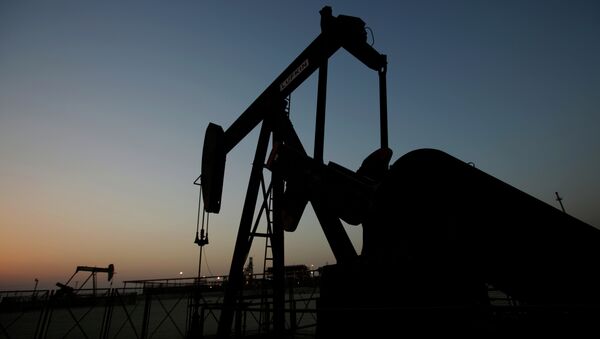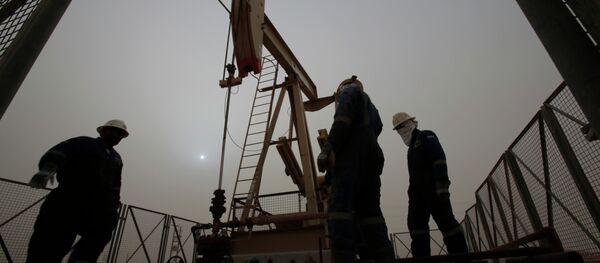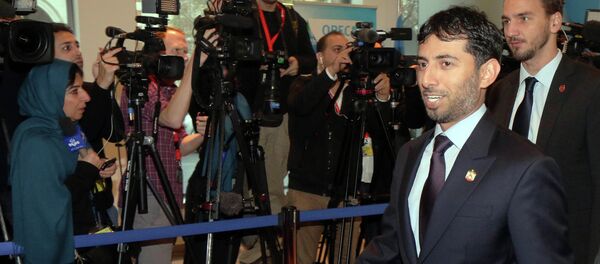"Forty years ago they [Middle Eastern oil producers] formed a cartel. And they controlled the price, and the entire world was dependent. And control from the Middle East is no longer true. The world has changed — Russia has and produces significant volumes of oil, as does the US and Canada," he stated.
McConnell argued that OPEC's move not to cut production, which further dampened global oil prices, was a direct challenge to US oil producers, "or to anyone that brings forward new supplies with new technology that could threaten the OPEC market share globally."
"They don't want to lose market, market share… In the past OPEC would cut production, raise prices by doing so, but today they do not have the same control," McConnell asserted. He added that although low oil prices attract consumers, national economic security requires options and technologies that do not "perpetuate dependence."
Since June 2014, oil prices have dropped by more than 40 percent due to heavy oversupply in the market. In November, OPEC decided to maintain their current production quotas, triggering economic problems in many oil exporting countries.
"I believe that stability and security is achievable in the range between $55-85 per BBL," McConnell said.
He noted, however, that the price needed to ensure a sustainable market may vary depending on the country.
The current price of Brent crude is hovering below $50 per barrel.
On January 12, US investment bank Goldman Sachs published its 2015 oil forecast. According to the bank, the Brent price could fall to $43 per barrel over the next six months while the WTI (West Texas Intermediate) crude oil price could decline to $39 per barrel.



